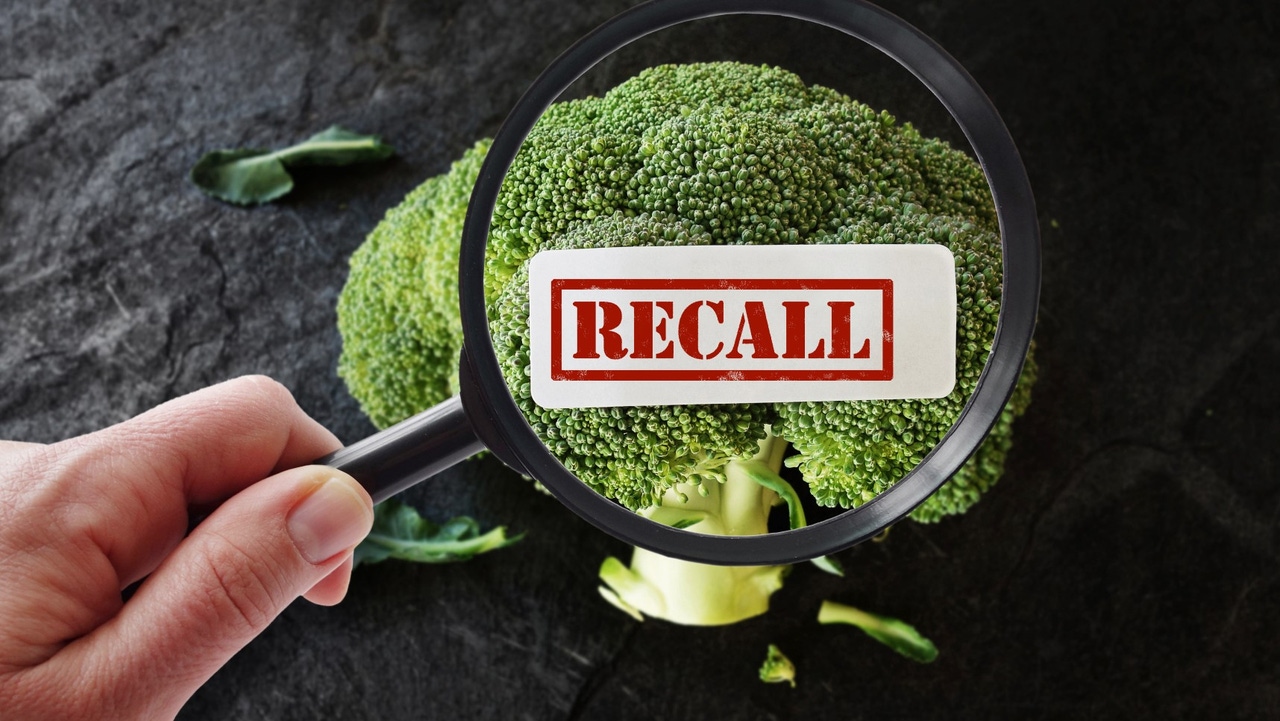5 tips can improve traceability, dramatically improve recalls
FDA’s food traceability final rule will require food businesses to develop traceability plans, as well as track and keep specific information that could help in the event of a recall.

At a Glance
- Greater collaboration along the supply chain and enhanced digital solutions can aid traceability efforts.
- Food businesses must be able to provide traceability information to FDA upon request.
- The implementation deadline is early 2026, but food businesses are urged to upgrade to the enhanced measures now.
Sadly, food recalls have reached a five-year high, with charcuterie meats, cantaloupe, dairy products and many other foods being recalled recently. In 2024, foods have been contaminated by listeria, salmonella, lead and foreign objects, and recalls have frequently been caused by mislabeling of allergens.
The new food traceability final rule, established by FDA as part of FSMA (the Food Safety Modernization Act), can help make foods safer (and recalls more effective). The deadline isn’t until early 2026; however, the food industry, regulators and consumers are demanding improvements now.
What’s wrong with recalls
Before we can improve recalls, we must acknowledge what’s wrong with our current systems and processes.
First, the food industry lacks standardized information and processes. When each company works with disparate data and systems, confusion, inaccuracies and delays can result during time-sensitive recalls. That means contaminated products may remain in the marketplace longer, jeopardizing public health.
Additionally, a lack of collaboration among supply chain partners is hugely problematic. We must pivot from this siloed approach to a more cooperative effort, where supply chain partners — including producers, processors, distributors and retailers — work together to prepare for and implement recalls.
When food products are contaminated, key stakeholders must quickly (and accurately) determine several things: what happened, the extent of the contamination and where the tainted products traveled. But when businesses use different approaches, data, and processes, visibility and traceability can be hindered. If supply chain partners don’t have clear and precise information about contaminated foods’ whereabouts, pulling these products quickly and completely is challenging.
Embrace the new recall-ready community
As the saying goes, the definition of insanity is doing the same thing over and over, expecting a different result. It’s time to change our approach to recalls.
The new recall-ready community paradigm is a more streamlined, integrated approach, ensuring that recalls are being conducted quickly, accurately and thoroughly. The food traceability rule will help with this effort, improving food recalls by facilitating faster location and removal of potentially contaminated products from the marketplace.
The rule will require food businesses to develop traceability plans, keep accurate records about foods’ product descriptions and journeys, track quantity and unit measure, and more. Food businesses must also be able to provide traceability information to FDA upon request.
It's wise to improve traceability now — before the 2026 deadline — since recalls are occurring with record-breaking frequency. The need is urgent, and the industry can’t afford to wait any longer.
How to really become recall ready
The term “recall ready" isn't new, and possibly may have lost its potency over time because the industry hasn’t really moved the needle when it comes to improving recall processes. It’s time to redefine and revitalize the concept with some actionable tips to actually become recall ready.
To accomplish this, food businesses should:
Use tech tools. Speed and accuracy are essential during a recall, and tech solutions are accelerating and transforming recall management. Digital solutions help businesses identify the cause of a food safety breach and track where the products traveled. Tech tools are valuable in conducting critical recall activities, from documenting incidents to notifying key stakeholders.
Standardize data and processes. This helps supply chain partners share recall notifications quickly and accurately, resulting in faster, more complete recalls. Standardizing data, systems and processes helps supply chain partners properly document, centralize and share data. This effort is invaluable in recall situations, where real-time updates and info-sharing matter.
Move from a siloed to a collaborative approach. Individual companies must stop acting in isolation and start addressing recalls as a broad supply-chain exercise instead. This will help spread accurate information wider and faster, track the path of compromised products, and recall them more efficiently and completely. Industry players need to work together to plan for, practice and execute recalls.
Increase visibility. Accessing real-time information to manage recalls efficiently and effectively is vital. Businesses should work closely with supply chain partners to understand exactly where potentially unsafe products traveled, then quickly pull products, minimize damage and restore consumer confidence. Tech tools can be used to boost visibility from the point of origin to the point of sale.
Prioritize collaboration and communication. Key stakeholders should work together to improve the recall process. By collaborating — and communicating clearly and honestly about what happened — the industry can improve food safety, public health and consumer trust.
The food traceability rule is a step in the right direction, but the industry can’t wait until 2026 to act. Recalls are neither expected nor budgeted, and yet they happen all too frequently. We must do everything in our power to keep our foods, consumers and businesses safe.
About the Authors
You May Also Like



